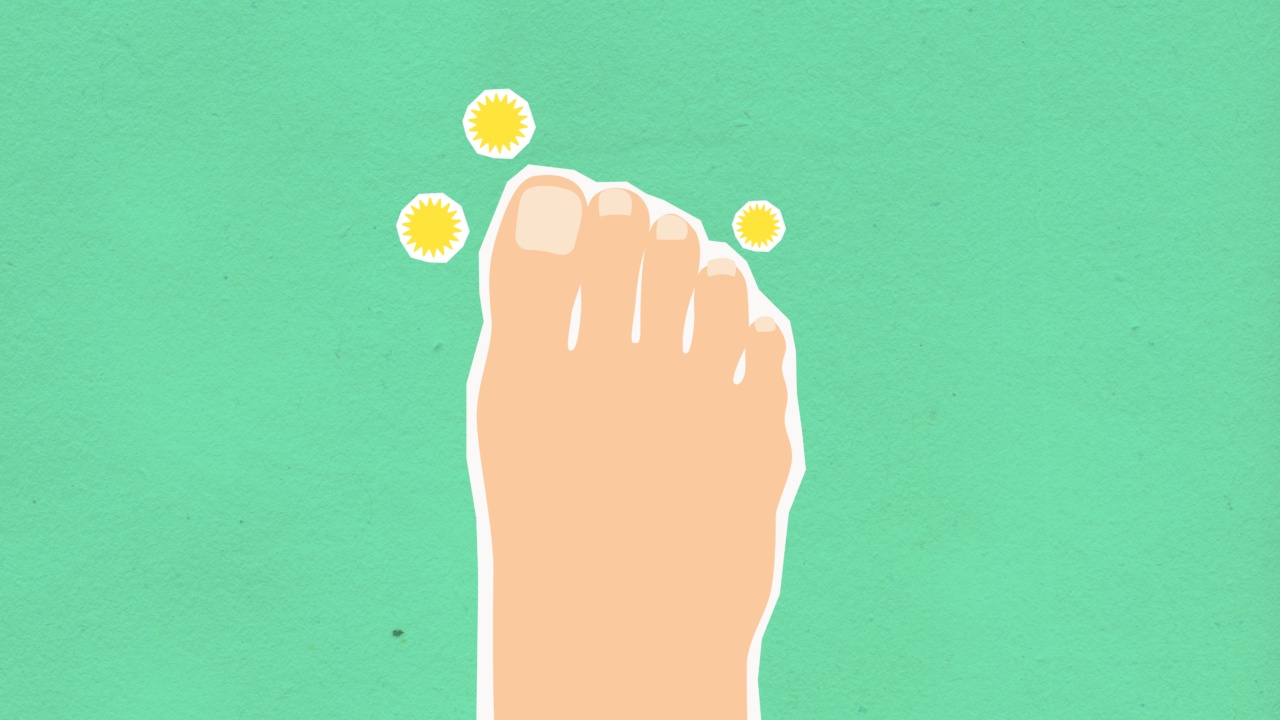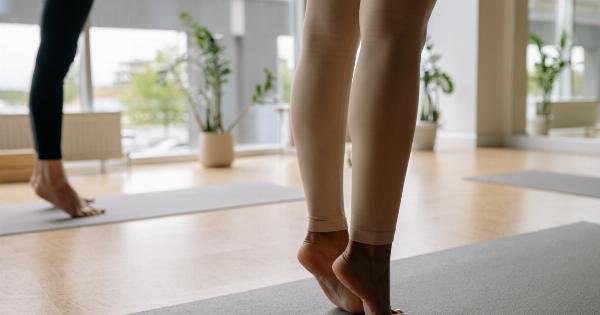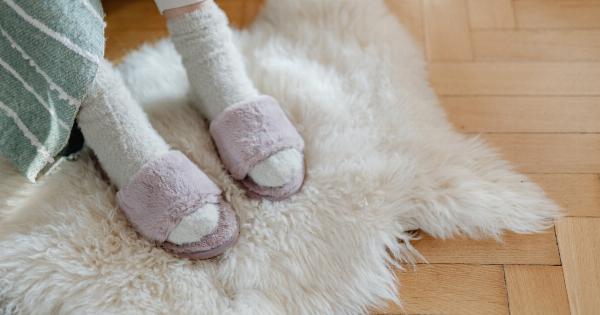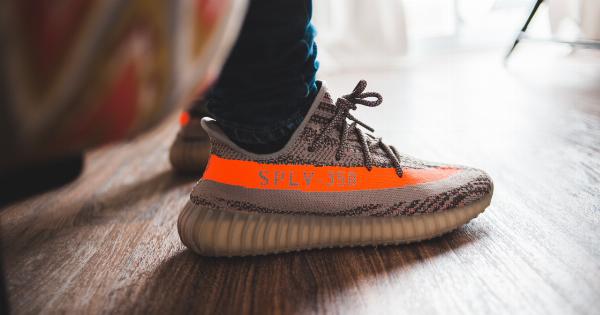Fungal infections are a common problem that can affect anyone, and your feet are especially vulnerable. These infections, also known as athlete’s foot or tinea pedis, are caused by various types of fungi that thrive in warm and damp environments.
If left untreated, fungal infections can cause discomfort, itching, and even lead to more serious complications. However, with proper foot care and preventive measures, you can protect your feet from these troublesome infections. In this article, we will discuss some useful tips to keep your feet fungus-free and healthy.
1. Keep Your Feet Clean and Dry
The first step in preventing fungal infections is to maintain good hygiene practices. Wash your feet thoroughly with warm water and mild soap daily, paying attention to the spaces between your toes and the soles of your feet.
After washing, make sure to dry your feet completely using a clean towel, especially between the toes. Moisture provides an ideal breeding ground for fungi, so keeping your feet dry is crucial in preventing infections.
2. Choose the Right Footwear
The type of footwear you wear can significantly impact the health of your feet. Opt for shoes that are breathable and allow air circulation, such as sandals or shoes made from natural materials like leather.
Avoid wearing tight, closed-toe shoes for extended periods, as they can promote excessive sweating and contribute to the growth of fungi. When choosing socks, opt for moisture-wicking materials like cotton or bamboo to help keep your feet dry.
3. Rotate Your Shoes
Wearing the same pair of shoes every day can create a damp environment that encourages fungal growth. To minimize this risk, it is advisable to alternate your footwear on a daily basis.
This allows your shoes to fully dry out between uses, reducing the chances of fungal infections. Additionally, consider using antifungal sprays or powders inside your shoes to further inhibit fungal growth.
4. Avoid Going Barefoot in Public Areas
Fungi that cause foot infections thrive in warm, moist environments such as communal bathing areas, locker rooms, and swimming pools. Avoid walking barefoot in these public spaces to minimize your risk of coming into contact with the fungi.
Instead, wear waterproof sandals or flip-flops to protect your feet from these potentially contaminated surfaces.
5. Use Antifungal Powders or Creams
If you are prone to fungal infections or have had one in the past, consider using antifungal powders or creams as a preventive measure.
These topical treatments help to keep the fungal population in check, reducing the risk of an infection starting or spreading. Apply the antifungal product to your feet, paying close attention to the spaces between your toes, before putting on your socks and shoes.
6. Practice Proper Nail Care
Fungal infections can also affect your toenails, causing them to become discolored, brittle, and thickened. To reduce the risk of toenail fungus, make sure to trim your nails regularly and straight across.
Avoid cutting them too short or rounding the edges, as this can lead to ingrown nails, which can create an entry point for fungal infections. Additionally, keep your toenails clean and dry, and avoid sharing pedicure tools with others to prevent the spread of any potential fungal infections.
7. Do Not Share Personal Items
Fungal infections can spread easily through contaminated personal items such as towels, socks, or shoes. Avoid sharing these items with others, especially if someone in your household or close contacts has a known fungal infection.
If you use communal spaces, such as gyms or public pools, always bring your own towels, socks, and footwear to minimize the risk of cross-contamination.
8. Be Cautious in Nail Salons
When visiting a nail salon, ensure that proper hygiene practices are followed. Make sure the equipment used is clean and sanitized before use.
It’s also important to ensure that the salon staff uses fresh tools and does not reuse old tools without proper sterilization. Fungal infections can easily spread through contaminated equipment, so being cautious in nail salons is crucial.
9. Maintain Overall Foot Health
Keeping your feet healthy overall can significantly reduce the risk of fungal infections. Make it a habit to moisturize your feet regularly, but avoid applying moisturizer between the toes as this can create excessive moisture.
Trim your toenails correctly and be attentive to any changes in their appearance or texture. If you notice any abnormalities, itchiness, or persistent issues with your feet, seek medical attention promptly to receive appropriate diagnosis and treatment.
10. Regularly Air Out and Sanitize Your Footwear
To minimize the chances of fungal infections, it is essential to air out your shoes after each use. Remove the insoles and allow your shoes to dry completely before wearing them again.
Additionally, regularly sanitize your footwear by wiping them with a solution of water and vinegar or using antifungal sprays. This helps kill any potential fungi or spores present, reducing the risk of reinfection.




























